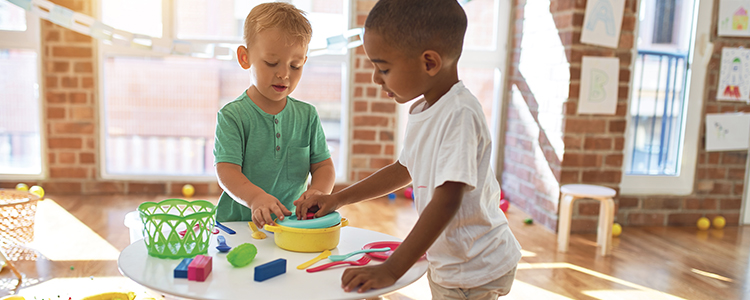



Don’t have a Calgary Public Library membership yet? Visit any of our 21 locations to get a free membership for every person in your family!

If you are parenting a bright but disorganized student, you may feel frustrated by this obstacle between your student’s potential and actual achievement. If you are disorganized, you may even feel hopeless. But no matter what their age, there is no reason to feel stuck. As organizing expert Donna Goldberg reminds: “If you and your child invest the time it takes to organize supplies, homework and a study schedule, you can create the structure that they need to succeed.”

Does your child engage in last-minute cramming sessions to prepare for unit tests? Has your child ever pulled an all-nighter to finish a project? Most children and adolescents have experienced the unpleasant consequences of procrastination. All parents have heard their child say, "I'll do it later," only to find that the task was never completed. To a certain extent, this is normal. Many people have a natural tendency to put off tasks until tomorrow, until the weekend, or until a time when they "feel like doing it." Unfortunately, procrastination patterns in childhood can grow into unhealthy habits in adulthood. Eventually, these habits can lead to stress, anxiety, and depression. Additionally, procrastination can contribute to lower grades, dependence on others to complete work, and tardiness.

At a time when children need help learning to read more than ever because of the pandemic, Calgary Reads is scaling up by spreading its early literacy mission across the city: Several community partners will carry on its critical early literacy work and raise the next generation of readers.
Calgary’s Child Magazine © 2024 Calgary’s Child